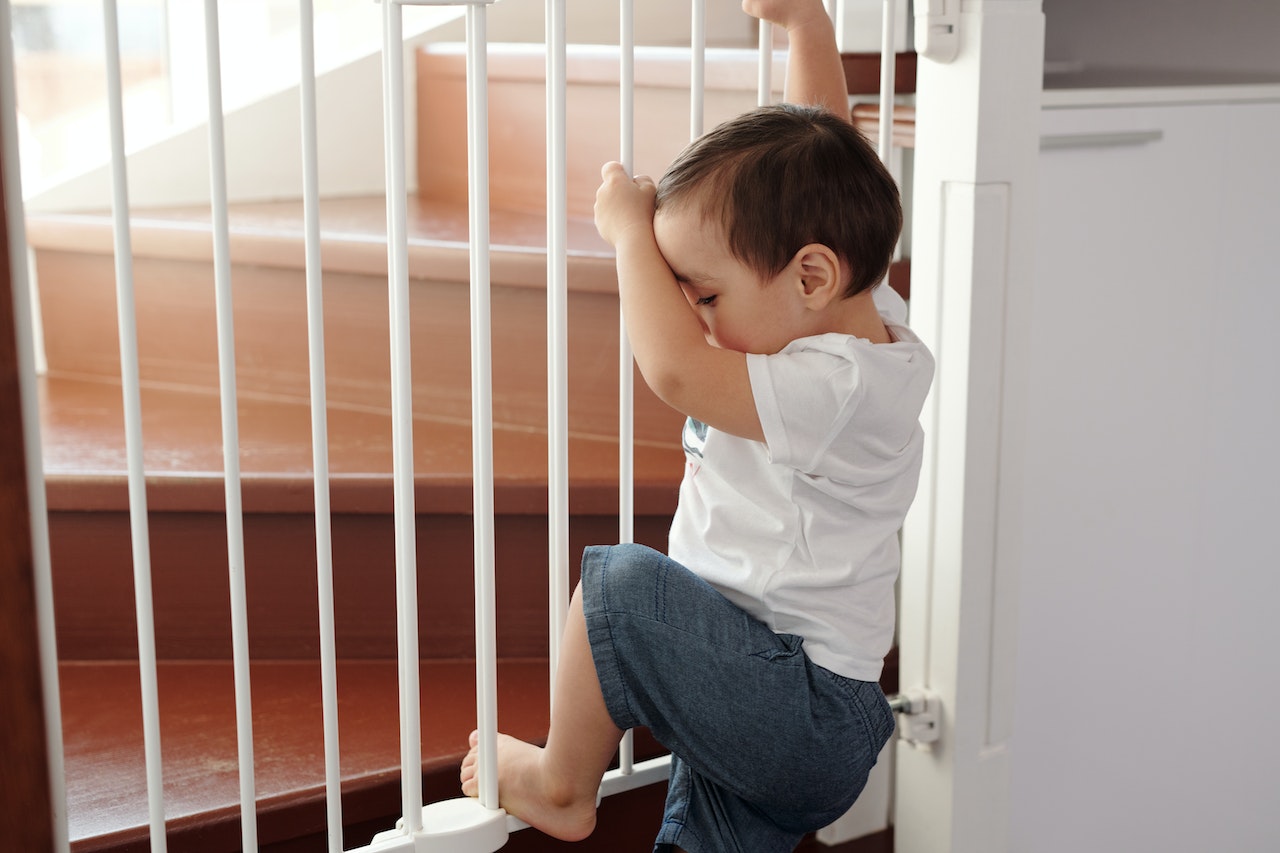Losing power to your home isn’t simply an inconvenience; it can seriously threaten the safety and security of your family. When your home’s power supply is shut off, either from a grid overload or a natural disaster (like heavy ice or extreme wind), it can cause mild panic in the minds of the homeowner. Growing dependence upon electricity makes it that much more important that we plan for periods of electrical outages.
In extreme situations of power loss, there are a number of factors than can negatively impact our lives: water treatment, air quality, refrigeration, heating and cooling, medication storage, life support systems, transportation, safety, communication, sewage treatment, and stress. Remember that when the power is out, it is often not recommended to drive due to extreme weather situations or because of streetlights being down. So simply getting around or out of the house can add stress. Idling buses or cars stuck in traffic jams can affect individuals with respiratory issues. In fact, during a New York City blackout in 2003, researchers “found that hospital admissions for respiratory conditions increased during the blackout.” Stress, both physical and mental stress, can be a direct result of a power outage, and is a very real health issue.
Let’s look at the various ways a power outage can impact the home and what you can do to lessen its impact on you and your family.
Loss of heat
If your home has lost power during the winter your first thought might be heat, and how to get it. Homemade heat sources are often the source of accidental fire and death. For example, bringing in a lit grill or BBQ is a huge hazard yet homeowners continue to think this is a quick way to heat the home. Inappropriately using a generator to power space heaters can easily lead to carbon monoxide poisoning. Turning on a gas oven and leaving the door open may work however you’ll need to use extreme caution if there are pets or children in the house.
The best way to keep heat in the home is to close the doors to unused rooms and make sure there are no unnecessary drafts. Here are some other tips:
- Layer yourself: gather sleeping bags, blankets, hats, gloves and warm coats and have everyone stick to one or two rooms to keep the heat centralized
- Cover windows: hanging heavy drapery over windows is another quick way to keep heat from escaping
- Move around: keep your blood circulating throughout the extremities by moving
- Drink warm liquids: if you can make and drink hot liquids (even warm water), you can make yourself feel warmer. Drinking alcohol, in fact, lowers your body temperature and does not keep you warm.
- Portable heat packs: consider stocking up on heat packs (try a camping or ski supply store). These are individual warming packs that once broken can keep your hands and feet warm for several hours.
- When someone can’t get warm: if someone in your family is really suffering from the cold, try to get somewhere warm like a shelter or large public building that has heat.
- Fireplace: if you use a fireplace, make sure you operate it properly. Wood burning fireplaces can actually suck cool air inside the home so it’s best to use the fireplace in a room where you can close the doors.
Loss of air conditioning
Just like suffering from heat loss, homes that lose power during a heat wave can have a serious affect on people who can’t tolerate high heat. Older people and younger children are especially impacted by a loss of temperature control, and can easily over heat. It’s important that if you know someone who will suffer without air conditioning that you take them to a facility that has it. If you are able to tolerate a loss of air conditioning and your city isn’t in a heat wave, try the following:
- Keep your body hydrated. Drinking water is a great way to ensure you won’t suffer from dehydration.
- Bathing: even a luke-warm shower or bath can cool down your body temperature.
- Get low: heat rises so if you can, sleep in the lowest level of the home.
Connectivity
When power is lost we all turn to our mobile devices to see what’s going on or to get in touch with loved ones. Unfortunately, due to heavy mobile volume you may find that using your mobile device is ineffective during a power outage. Emergency lines, fire and police departments usually recommend staying off the phone unless it’s an emergency.
- Because mobile devices run on batteries, you’ll want to have an external charging devices for emergencies.
- If your car has gas and you need a quick recharge, plug your phone into a car-charging device.
- Not all landline phones work for all homeowners during a power outage but some do. This is something to check out prior to a power outage. If your state has mandated a no-copper telecommunications system, you may be out of luck.
Refrigeration & food preparation
Next to loss of heat or air conditioning, loss of refrigeration and inability to cook can create stress for some homeowners. FoodSafety.gov recommends that if left closed, the refrigerator can keep perishables at a safe temperature for about 4 hours. For frozen foods, they have a separate page that gives recommendations for all typical food types. It’s important that perishables not be taste-tested to determine if they are still good. Throw out anything questionable. If you have a gas-powered stove or oven, you should still be able to use them to prepare foods. Use common sense and don’t try chopping or cooking if you don’t have a good light source. It’s always recommended that homeowners keep a 2-day supply of food and water on hand in case of emergencies.
Illumination
Flashlights or battery-operated lanterns are the safest way to walk around in the dark. Candles can post a fire hazard, so can gas operated lanterns. If your region regularly has seasonal power outages, have plenty of flashlights and batteries stocked and ready to use. Since you never know where you’ll be when the power outage occurs, it’s best to keep a flashlight in each room of the home and in the same place (like in your nightstand or in the kitchen junk drawer). Standing lanterns can be great for setting up in a room and allowing you to be hands-free.
Car preparedness
During extreme weather, such as the heat of summer or the snow during winter, it’s a good idea to always have your car filled with gasoline. You never know if you’ll become stuck in a major traffic jam or need to use your vehicle as a heating or cooling area for your family. Before the start of an extreme weather season, stock your car with basic emergency supplies like bottles of water, extra layers of clothing, snack bars, first aid kit and if you have children or pets, items specific for their needs. When stuck in a snowstorm, make sure you clear snow away from the exhaust area before starting the engine.
Medications & health concerns
Power outages not only directly affect medical devices that rely upon electricity. It can also close down pharmacies and medical centers, posing a serious threat to those who have run low on medications or who need immediate medical attention. If you or your family relies upon consistent medication, you’ll want to have extra supplies on hand for unexpected power outages. For those who have family members reliant upon refrigeration of medication or equipment (like dialysis or monitoring devices), it is recommended that you seek out a backup generator in case of an emergency. Keep in mind that if power has been turned off to the street grid and interferes with stoplights, ambulances can also be slowed down.
During an emergency, like a power outage, check on elderly neighbors that may need your help and see if you can safely help them.
Interested in purchasing a generator for your home? Find an installer near you on Porch.




